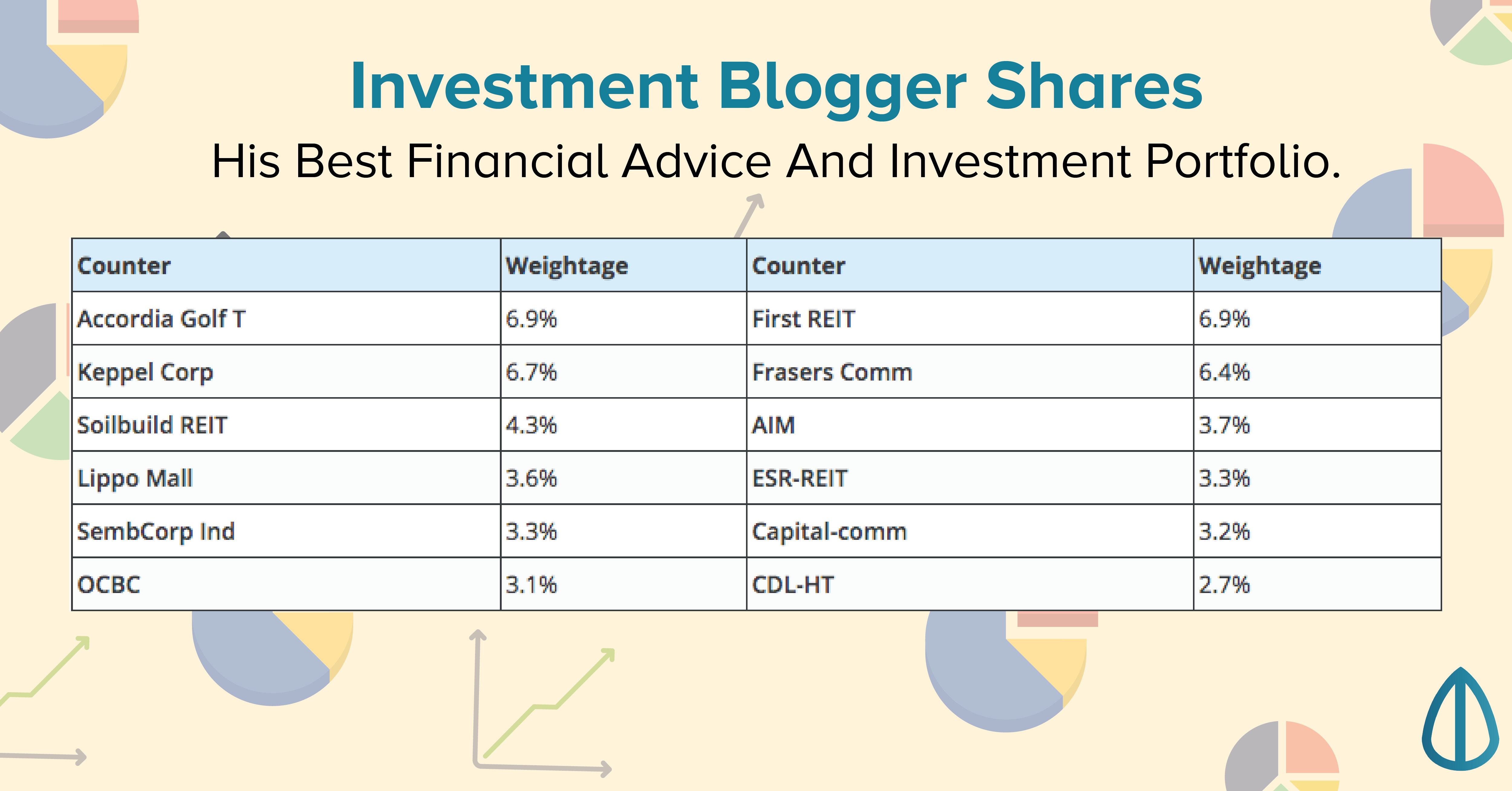Anonymous
What's some advice you would give to a university freshman starting out on their financial planning journey?
What are some tips on savings, credit cards and investments?
4
Post Merged
This post is no longer accepting new comments because it has been merged with What's the best way for a university student to "grow her money" while studying?
Discussion (4)
Ernest Yeam Wee Leong
22 Sep 2019
Content Creator at www.youtube.com/c/JustBeingErnest
Reply
Save
Elijah Lee
21 Sep 2019
Senior Financial Services Manager at Phillip Securities (Jurong East)
Key things to take note (not in any particular order):
- Improve your human capital. Your earning capacity can be greatly increased by improving your skillset in the early years and that will greatly boost your ability to reach your financial goals later.
- Prepare an emergency fund. I'd recommend at least 12 months of expenses. Then prepare a warchest for investment opportunities. Build them over time. Rome was not built overnight.
- Settle your insurance needs. Death/CI/Hospitalization is probably what most need. I've responded a number of times on this issue and you can browse through my answers to read the details. Your youth is still on your side as premiums only go up when you get older. Don't wait too long to settle this. You buy insurance with health. You pay with money. There's a difference there.
- Read up and gain knowledge of investments. If you are just graduating, you still have a good 30+ years ahead of you. Don't rush in first. Take the time (but not too much time!) to get a feel of what instruments suit you.
- Find an advisor whom you can speak to. Someone you can trust to dispense the right advice to you in your interest. Someone you are comfortable to speak to with regards to your financial goals and aspirations.
- Aim to control expenses in the early stages of your career. That Frappucino may seem tempting, but kopi peng will do the same thing if you just want a cool drink and a caffeine kick. It's called delayed gratification.
- Examine yourself and ask what you want to achieve financially. Having the beginnings of a plan now will make it easier to have a final goal crystalize in time.
There's a lot more that can be said, but these 7 pointers should be a good start. I wish you all the best in your journey!
Reply
Save
Lim Boon Tat
21 Sep 2019
Mathematics at Cambridge University
A couple of different facets:
(1) focus on getting a high-income skill/job. With more income, it’s ...
Read 1 other comments with a Seedly account
You will also enjoy exclusive benefits and get access to members only features.
Sign up or login with an email here
Write your thoughts
Related Articles
Related Posts
Related Posts









If possible, try to find someone that you know who is successful and get them to be a mentor to you.
eg. To be better at sales, find someone top in sales.
To be better in investment in stocks, find someone good in investment.
Since you are in university, there are also those investment clubs that you can join to learn from one another.
You can also read up on the blog post by seedly that indicated what are the things one should prepare or aim for financially